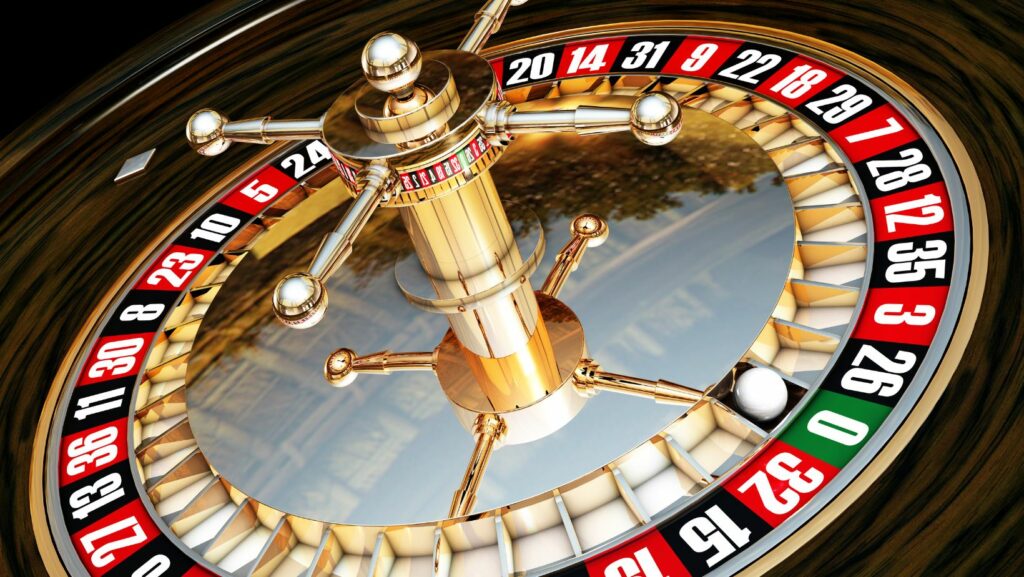Roulette, with its iconic spinning wheel and the thrill of chance, captivates players worldwide. While many see it as a game of pure luck, seasoned players know there’s more to it than meets the eye. Understanding the nuances of the game and employing strategic tips can significantly enhance one’s chances of success at the table. In the world of roulette, knowledge is power.
Players who take the time to learn effective strategies and betting systems often find themselves ahead of the game. From choosing the right type of roulette to understanding betting odds, these insights can transform a casual player into a confident one. Whether you’re a newcomer eager to try your luck or a seasoned player looking to refine your skills, mastering the art of roulette requires both strategy and a bit of daring.
With the right tips, anyone can increase their odds and make the most out of their roulette experience. Outside bets like red/black or odd/even offer higher chances of winning than inside bets but with lower payouts.
Roulette Winning Tips
 Each bet in roulette comes with specific odds, affecting the likelihood of winning. For example, a straight-up bet on a single number has odds of 35:1, while betting on red or black offers almost 1:1 odds. Players should familiarize themselves with these odds to make informed decisions. Setting a strict budget for roulette sessions helps players avoid significant losses.
Each bet in roulette comes with specific odds, affecting the likelihood of winning. For example, a straight-up bet on a single number has odds of 35:1, while betting on red or black offers almost 1:1 odds. Players should familiarize themselves with these odds to make informed decisions. Setting a strict budget for roulette sessions helps players avoid significant losses.
For example, players can decide on a maximum amount to wager each day, ensuring it aligns with their overall financial situation. Once this limit is reached, it’s wise to walk away from the table. European roulette, featuring a single zero, provides better odds for players compared to American roulette, which has an extra double zero. This slight difference shifts the house edge from 5.26% in American roulette to 2.70% in European roulette, enhancing winning chances.
Various betting systems like the Martingale or Fibonacci are strategies some players use to manage their bets. The Martingale involves doubling the bet after a loss, aiming to recover past losses quickly.
Strategies for Winning
Knowledgeable players often use well-known strategies to increase their chances in roulette. While no approach guarantees a win, understanding these systems can enhance gameplay. The Martingale strategy involves doubling the bet after each loss. This approach aims to recover previous losses with a single win. If employing this strategy, a significant bankroll is necessary as consecutive losses can quickly require large bets.
guarantees a win, understanding these systems can enhance gameplay. The Martingale strategy involves doubling the bet after each loss. This approach aims to recover previous losses with a single win. If employing this strategy, a significant bankroll is necessary as consecutive losses can quickly require large bets.
The Fibonacci system follows a sequence where each number is the sum of the two preceding ones. Players increase bets based on this sequence after a loss and decrease two steps after a win. This method offers a structured approach, though wins may not cover all losses. The Labouchere system involves creating a sequence of numbers that total the desired profit. Players bet the sum of the first and last numbers, crossing them off upon a win. If a loss occurs, the amount lost is added to the sequence’s end.
Tips for Managing Your Bankroll
 Effective bankroll management in roulette involves establishing clear budgeting strategies and knowing when to exit the game. Players who manage their funds wisely minimize potential losses and maximize their gaming experience.
Effective bankroll management in roulette involves establishing clear budgeting strategies and knowing when to exit the game. Players who manage their funds wisely minimize potential losses and maximize their gaming experience.
Creating a budget is crucial for any roulette player. By setting a spending limit before stepping into the casino, players ensure they control their gambling habits. This sum should reflect what they can afford to lose without affecting their daily living expenses. A common method is to allocate a specific portion of monthly entertainment funds to gambling activities. For instance, if a player sets aside $200 for casino visits monthly, they should only bring that amount to the table.
This approach helps maintain discipline and prevents overspending. Recognizing the right moment to leave the roulette table protects players from significant losses. Setting predetermined win and loss limits guides these decisions. For example, if a player decides to leave after winning $150 or losing $100, they should adhere to these thresholds without chasing losses or wins. This discipline helps maintain a gambler’s composure and avoids the trap of emotional betting.

